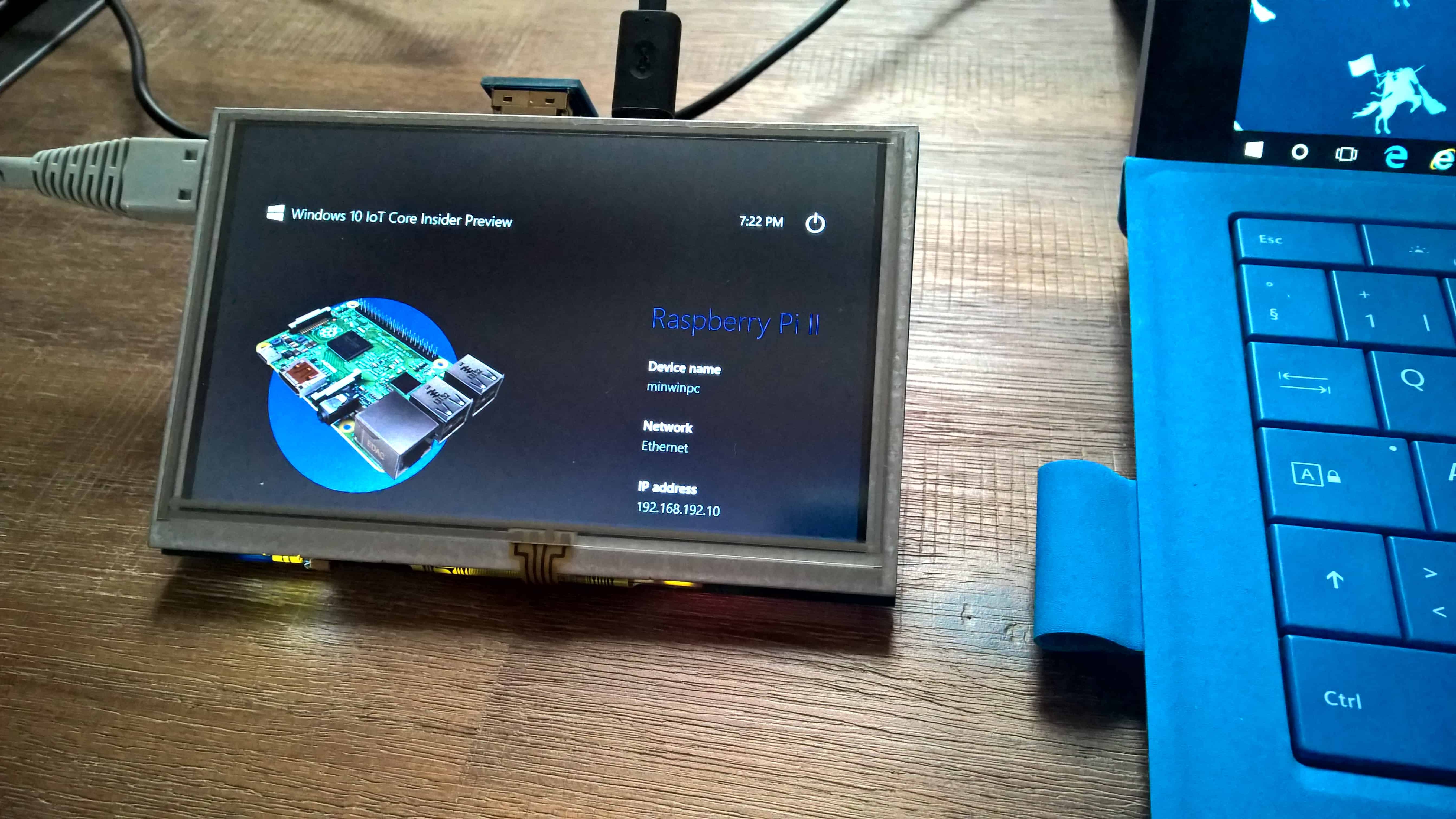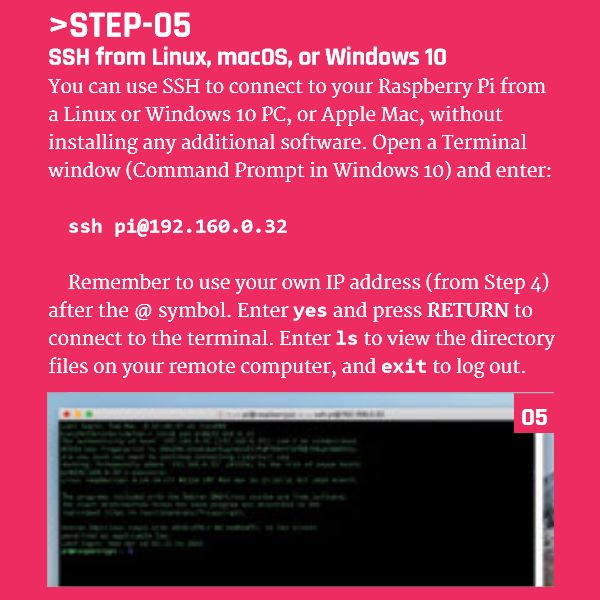Why Remote Access to Raspberry Pi Matters
Listen, let’s face it—whether you're a developer, hobbyist, or IoT enthusiast, having remote access to your Raspberry Pi has become absolutely essential. Imagine being able to control your home automation system or work on a complex IoT project from the comfort of your Windows computer. It’s not just convenient; it’s a game-changer for productivity. The ability to remotely manage your Raspberry Pi opens up endless possibilities, and today, I’m going to walk you through exactly how to do it.
Getting Started with Remote Shell Access
Let’s start with the basics. Once you’ve set everything up, clicking that connection button will open a whole new window of possibilities. It might take a few seconds to establish the connection, but once you’re in, you’ll have access to your Raspberry Pi’s shell right through your web browser. It’s like having your Raspberry Pi in the palm of your hand, no matter where you are.
Accessing the Raspberry Pi Desktop Interface
Now, let’s take it a step further. If you’re using a newer Raspberry Pi device, you can remotely access its desktop interface too. This is especially useful if you need a more interactive experience. You can use tools like VNC Viewer to achieve this, which allows you to see and control your Raspberry Pi’s desktop just as if you were sitting right in front of it.
Read also:Elijah Hewsons Height A Comprehensive And Engaging Look
Transferring Files to Your Raspberry Pi
Sending files to your Raspberry Pi is simpler than you might think. With VNC Viewer, you can easily transfer files by accessing the preview window, clicking the menu at the top of the screen, and selecting "Transfer Files." From there, you just need to use the file picker to choose the file on your PC and hit "Open." Voilà! Your file is now on your Raspberry Pi.
Installing the SocketXP IoT Remote Access Agent
Before we dive deeper, let’s talk about installing the SocketXP IoT Remote Access Agent. This little tool is crucial for running things smoothly. You’ll need to install it in two places: on your Raspberry Pi and on the device you’ll be using to access it remotely. Don’t worry—it’s a straightforward process. Just follow the SocketXP download and installation instructions, and you’ll be good to go.
What’s New with Raspberry Pi Connect?
If you’re into Raspberry Pi, you’ll want to hear about our recent update on Raspberry Pi Connect. This beta release brings exciting new features, including remote shell access and support for older Raspberry Pi devices. It’s all about making your life easier and giving you more control over your projects.
Understanding RemoteIoT VPC SSH
Now, let’s talk about RemoteIoT VPC SSH. This article is going to break down the essential components of this system, helping you understand how to set up your Raspberry Pi for remote access while keeping your data secure. One of the coolest things about RemoteIoT is that it lets you connect to your Raspberry Pi behind a firewall or NAT router as if it were on your local network. No messing around with IP addresses or changing firewall settings—RemoteIoT handles all that for you.
Setting Up RemoteIoT on Your Raspberry Pi
Here’s how it works: First, download and install the RemoteIoT VPC client on your Raspberry Pi. Then, test the connection to make sure everything’s working correctly. Once you’ve got that squared away, you’ll be able to send commands and batch jobs to your Raspberry Pi directly from a web portal. It’s seamless, secure, and seriously powerful.
Why RemoteIoT Is the Best Tool for Beginners and Experts
Whether you’re just starting out or you’re a seasoned pro, RemoteIoT is the tool for you. This guide will walk you through every step of the process, from setting up SSH on your Raspberry Pi to downloading the free Windows application from RemoteIoT. By the end of this article, you’ll have the knowledge and confidence to remotely access your Raspberry Pi like a pro.
Read also:Simon Cowell The Man Behind The Spotlight
Using RDP to Connect to Your Raspberry Pi
For those who prefer using RDP (Remote Desktop Protocol), it’s another great option for accessing your Raspberry Pi. RDP is Microsoft’s proprietary network protocol that lets you connect to a remote desktop computer and access its graphical user interface. This guide will show you how to set up a remote desktop connection with your Raspberry Pi using RDP on a Windows PC. It’s a straightforward process that anyone can follow.
Why RemoteIoT Is the Go-To Solution
When it comes to remotely accessing your Raspberry Pi, RemoteIoT is one of the most effective tools out there. It offers seamless access to your Raspberry Pi from anywhere in the world, and the best part? It’s free to download for Windows users. This article will guide you through everything you need to know about remotely accessing your Raspberry Pi using RemoteIoT. You’ll be amazed at how easy it is to get started.
Other Useful Raspberry Pi Tutorials
We’ve got plenty of other practical Raspberry Pi tutorials that you might find useful. From beginner projects to advanced configurations, there’s something for everyone. You can find all our Raspberry Pi projects on the following link. Whether you’re looking to automate your home or build the next big IoT project, these tutorials will help you get there.
Wrapping It Up
The small footprint and low energy demands of the Raspberry Pi make it perfect for remote deployment. Accessing your Raspberry Pi from another computer is a common request, and there are many solutions available. The most popular methods involve using SSH or VNC, but RemoteIoT offers a simpler and more user-friendly alternative. Once your Raspberry Pi 3 is connected to the network, you can access it remotely from any device on the same network. With tools like RemoteIoT, managing your Raspberry Pi projects from anywhere has never been easier.


